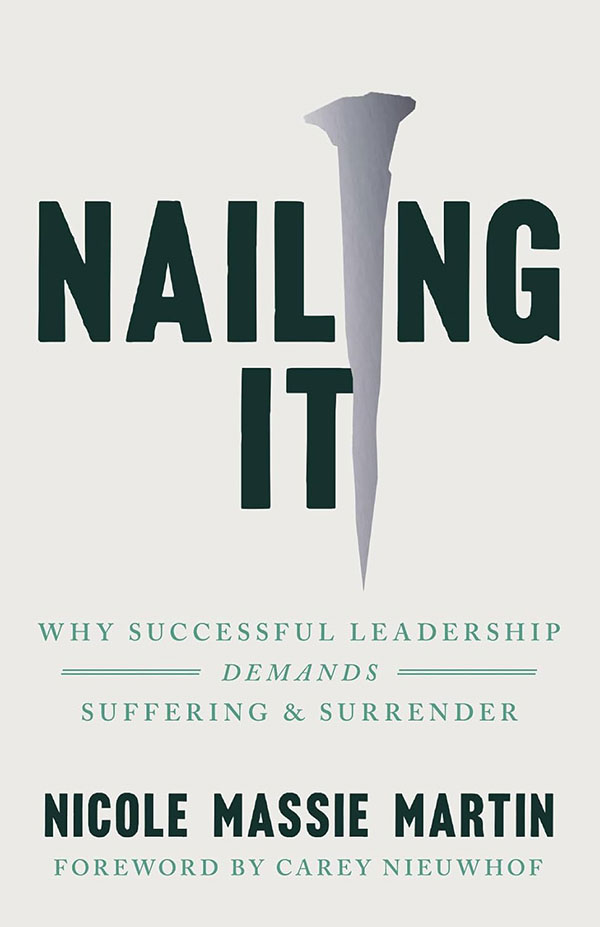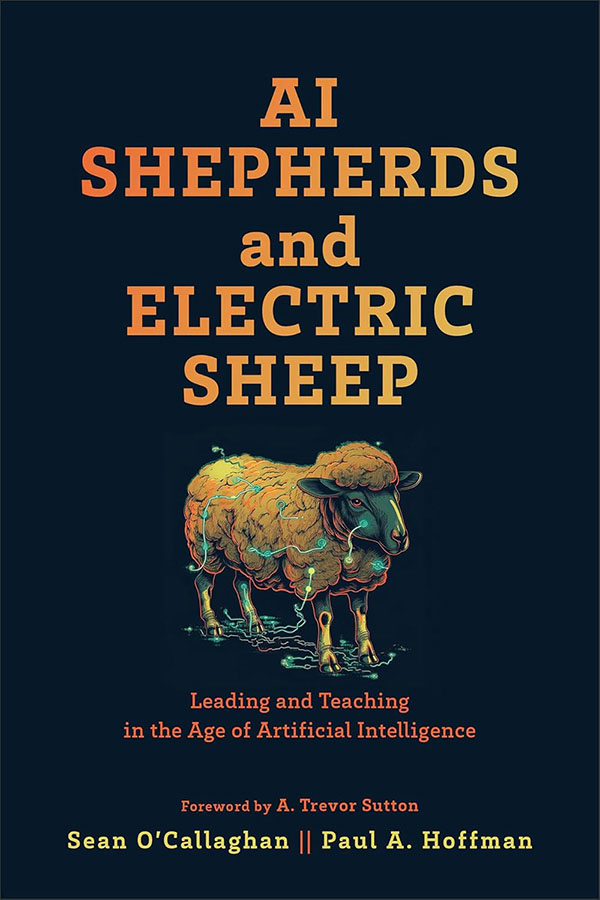Book Talk
by Warren L. Maye

Good reads with a Christian perspective.

Nailing It: Why Successful Leadership Demands Suffering and Surrender
by Nicole Massie Martin
We must let go of bad habits like ego and perfectionism, says Martin, who serves on The Salvation Army’s National Advisory Board and as chief impact officer at Christianity Today. She pushes for a leadership style that’s all about sacrifice and humility. Highlighting seven common traps leaders fall into—power, ego, speed, performance, perfection, loyalty, and scale—she connects each one to biblical lessons and her own experiences. These “leadership pitfalls” must be “nailed” to the cross of Christ during the personal process of sanctification. The message encourages leaders to model their approach after Jesus’ example of leading through tough times and helping others, which also speaks to women and leaders of color.

What If Jesus Was
Serious About Justice?
by Skye Jethani
Jethani dives into how faith, culture, and personal growth connect. He looks at consumerism in Christianity and encourages folks to strengthen their bond with God. The book highlights justice based on biblical teachings, with relatable stories and thoughts. It’s easy to read and interesting, pushing readers to think about their part in social issues and inspiring them to make real changes through reflection and prayer. A main takeaway is the importance of recognizing our own comfort and involvement in injustice. Among the many actionable questions raised: “Where have I ignored injustice because it was inconvenient? Where do I need to repent—not just personally but communally?”

AI Shepherds and Electric Sheep
by Sean O’Callaghan and Paul A. Hoffman
A look at artificial intelligence (AI) from a Christian viewpoint, this book is meant to help church leaders, educators, and communities figure out how to handle AI in ministry and education without getting too scared or overly excited about it. The authors explore human dignity, purpose, and connections in a tech-heavy world, stressing that AI should complement, not take over, real human interactions. They point out AI’s limits when it comes to spiritual experiences and urge readers to seek wisdom based on the gospel. Hoffman writes: “AI can write a generic three-point sermon, but it cannot replace an authentic encounter between humans and the divine.” O’Callaghan agrees: “In a world of artificial intelligence, the most radical thing we can do is remain deeply human.”

